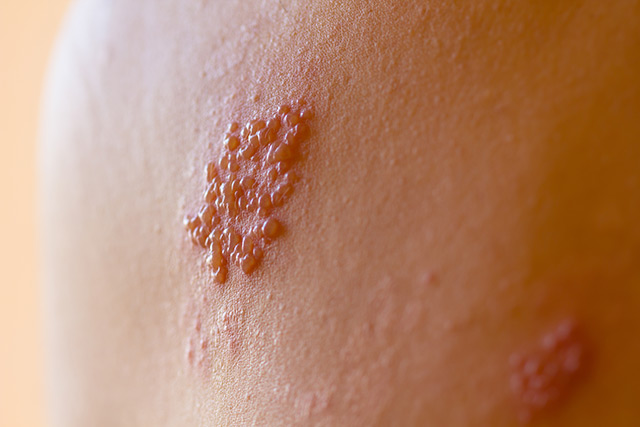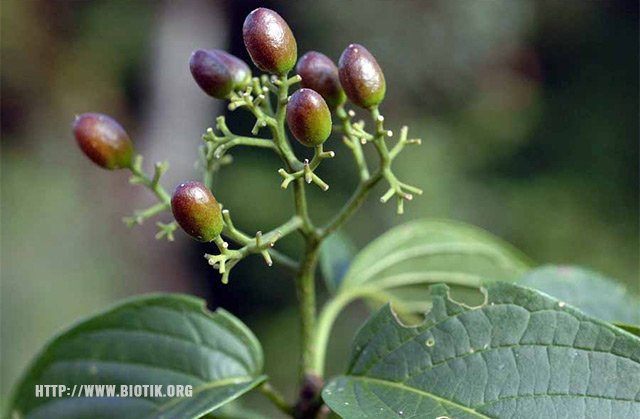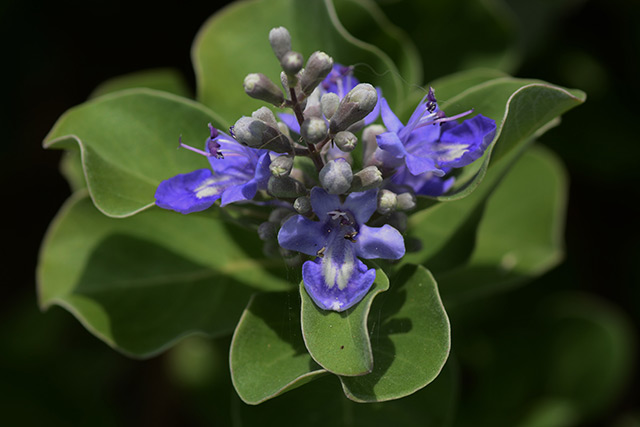The stunning science on berberine brings hope for cancer patients
05/09/2019 / By Edsel Cook

The latest research on berberine offers good news to patients suffering from certain forms of cancer. Hundreds of studies indicate that the natural substance can halt the growth and spread of cancer tumors.
Berberine is an alkaloid found in barberry, goldenseal, tree turmeric, and other common plants. It fights harmful oxidation and inflammation, and provides support to the immune system.
Almost every existing system of traditional medicine use berberine to treat various symptoms and diseases. Now, modern science provides proof that the alkaloid can also be used to help manage cancer.
Like any living cell, a cancer cell uses metabolism to turn food into energy. However, healthy cells apply the metabolic process of aerobic cell respiration to turn glucose into ATP. This requires plenty of oxygen.
In comparison, cancerous cells rely entirely on glycolysis. This is an anaerobic means of metabolism that does not require oxygen. Due to this, cancer tumors grow quickly in a highly acidic environment with little or no oxygen. (Related: Berberine is a little-known yet powerful supplement that can support gut health and manage blood sugar levels.)
Berberine fights cancer by activating the metabolic regulator AMPK
Berberine can hurt cancer cells where it matters – on the metabolic level. It can activate a protein called adenosine monophosphate-activated protein kinase (AMPK), which is in charge of metabolism for the entire body.
AMPK is responsible for maintaining energy homeostasis, a healthy state of balance with regards to ATP production. If there is enough of the protein and it is working correctly, it will stabilize glucose levels and the creation of lipids.
The ability to trigger AMPK made berberine an effective approach for alleviating diabetes, metabolic syndrome, and other conditions involving the metabolism. It turns out that this benefit can also apply to cancer, as there are strong links between low levels of AMPK and the appearance of malignant cancers.
When it comes to regulating the levels of this protein, the main approach of Western medicine is chemotherapy. The pharmaceutical drugs used for this treatment have severe side effects, some of which are worse than the cancer.
Berberine offers a safe, natural, and effective way to regulate AMPK. As early as 2011, a study by researchers at the University of Coimbra showed that this plant-based compound could be a potential means of treating cancer. Other research examined berberine’s effects on brain tumors, colorectal cancer, and inflammation related to smoking.
Halting the spread of breast cancer with berberine
A more recent study was conducted by Lanzhou University in 2015. The Chinese research team tested the AMPK-activating substance on the growth of breast cancer tumors.
“Our result showed that berberine regulated the reprogramming metabolism through three aspects simultaneously, including mitochondrial oxidative phosphorylation, glycolysis and macromolecular synthesis,” they reported in their 2015 paper.
The results of their experiment showed that berberine activated AMPK through its antioxidant activity. In turn, this caused the mitochondria of the cancer cell tumors to start growing as aerobic cells. Because the mitochondria switched from anaerobic energy production to the opposite aerobic process, the cancer cells ended up running out of anaerobic energy. The starving tumor cells eventually destroyed themselves.
“A reasonable cross talk between Chinese medicine and energy homeostasis provided a solid foundation for berberine interference on cancer cells reprogramming metabolism,” the researchers concluded.
The Lazhou study is the first to use evidence-based medicine as the connection between the use of berberine in traditional Chinese medicine. It suggested that berberine could be the safe and natural anti-cancer approach that many cancer patients have been looking for, with the added benefit of balancing a disrupted metabolism.
Sources include:
Tagged Under: alternative medicine, anticancer, berberine, breast cancer, cancer cures, herbal medicine, Herbs, natural cures, natural medicine, remedies, supplements, traditional medicine, women's health



















